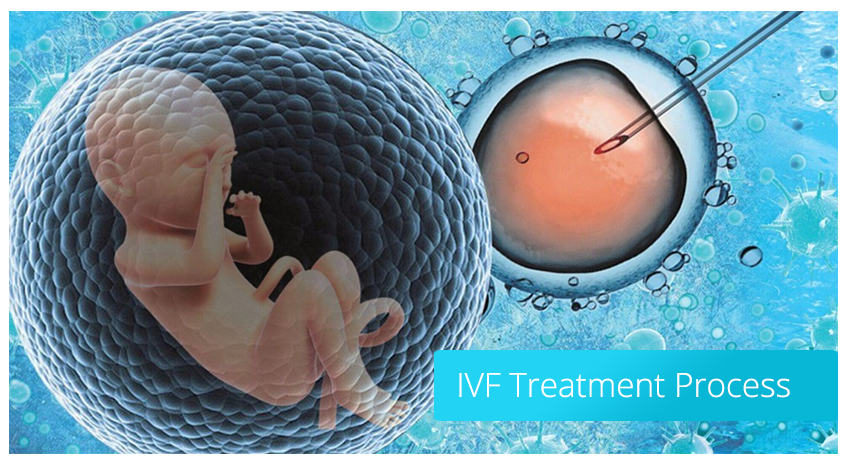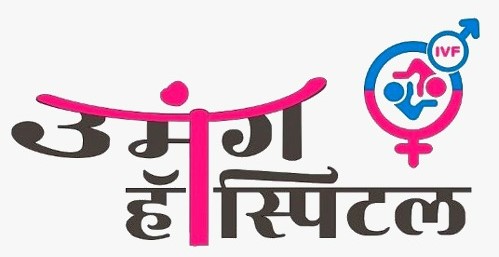In vitro fertilization (IVF) is the most common and most effective type of Assisted Reproductive Technology (ART) to help women become pregnant. The procedure involves fertilizing an egg outside the body, in a laboratory dish (In Vitro), and then implanting it in a woman’s uterus.
In a normal pregnancy a male sperm penetrates a woman’s egg and fertilizes it inside her body after ovulation – when a mature egg has been released from the ovaries. The IVF Specialist in Ambikapur help to fertilized egg (now an embryo) then attaches itself to the wall of the uterus (womb) and begins developing into a baby. This is known as natural conception. However, some women are unable to become pregnant through natural or unassisted conception and have to undergo fertility treatment to become pregnant.


